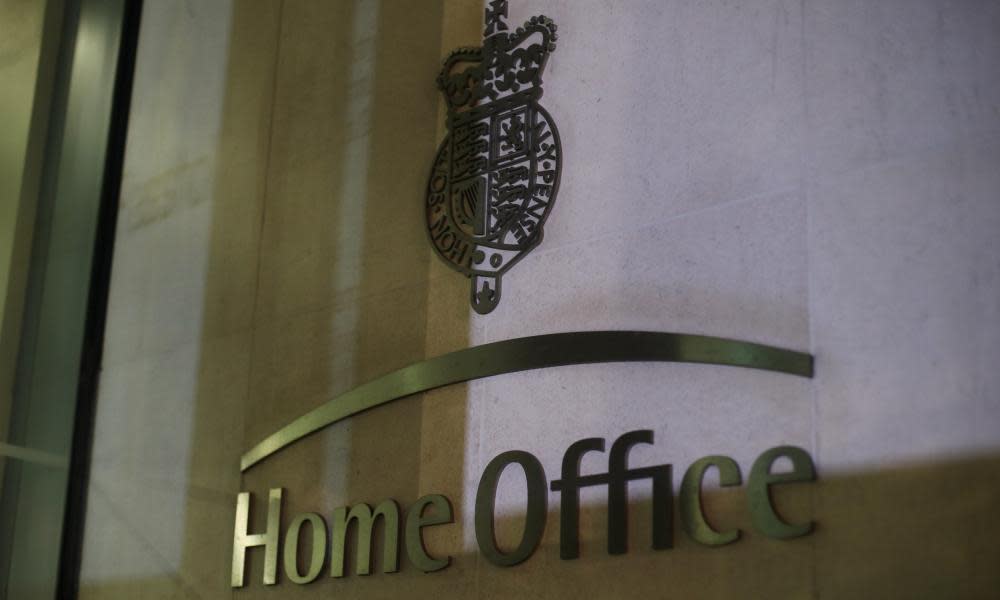Settled status: what EU citizens need to know about 30 June deadline

With just one week to go before the cut-off date for applying for settled status, many EU and European Economic Area citizens are concerned about their future rights and find it difficult to make contact with the helplines set up by the Home Office.
Here is the latest information from a Home Office press briefing on the EU settlement scheme. It says it has been inundated with applications and has had 1.5m calls to its helplines. It has recently changed its messaging to stop callers repeatedly calling and clogging the lines.
Who can apply?
Any EU citizen who was living in the UK before 11pm on 31 December.
Who needs to apply?
Citizens from the EU, European Economic Area and Switzerland. Children of these citizens do not get automatic rights with their parents and applications must be made on their behalf too. Spouses from outside the EU also need to apply. The Home Office also says those who have “lived in the UK for many years or have a permanent residence document or EEA biometric residence card (BRC), … still need to apply to the EUSS by 30 June 2021 to secure their existing rights in the UK”.
It added that “Irish citizens and those with indefinite leave do not need to apply but may do so if they wish”. Those who may be advised to apply include those with non-EU spouses, experts say. But lawyers say people with old indefinite leave stamps in their passports should apply for settled status as the old document may not be accepted by an employer or landlord as valid.
What will I get?
Those who have been in the UK for up to five years will get pre-settled status if eligible. Those who have been in the UK for five years or more get settled status.
What if I haven’t got an in-date passport or ID or any records of tax or residency?
Those without a passport will have to make a paper application. The paper form is downloadable from the government website and can be submitted by email. From 24 June those with and expired passport or ID card will be able to apply on line.
The government says it is getting 10,000 to 12,000 applications a day now and many are complex. It recognises some who have been in the country for years may take time to prove their residency but they will work with them to make a successful application. There are 72 charities who have government funding listed here to help.
Will the 30 June deadline be extended?
The government has said emphatically no. All this would do is postpone the uncertainty for EU citizens.
What if I have not applied on time?
The government will accept late applications for those who have “reasonable grounds”.
What are the reasonable grounds?
The government has issued a 204-page guidance document for the programme. These include children whose parents did not realise separate applications had to be made for under-18s; children who were in care or who have left local authority care after turning 18 and did not know they were EU citizens or did not know the local authority or a relevant guardian should have made an application for them.
Late applications can also be made by those who lack the physical or mental capacity to apply, including children and adults with dementia.
The Home Office is also expected to show leniency to older people who have lived in the country for decades but have not travelled and do not have an in-date passport or ID card to make the application, which must be on paper, in time.
What happens to my rights if I do not get a Home Office decision by 1 July?
The government is to issue all those who complete applications with a “certificate of application” to ensure the rights are protected while the application is pending.
“Those who submit a valid application by 30 June … will be able to rely on [this document] as proof to access their right to work or rent, when verified by the relevant Home Office checking service,” the future borders and immigration minister, Kevin Foster, said.
What do employers and landlords need to do after 1 July?
The Home Office issued new guidance for both groups last Friday and made it clear that neither is obliged to make retrospective checks on employees or tenants.
Can I travel or get hospital treatment while my application is pending?
Yes. The Home Office has said the certificate of application will cover this where people have applied by 30 June.
What do I need to show when I travel?
The certificate of application or the digital status issued to those who have already obtained their status. EU citizens and EEA nationals are also advised to bring the identity document – passport or ID card – that they used on their original application to prevent delay at the border.
What happens when I get a new passport number?
The Home Office asks all EU citizens to update their documents on their website. This is particularly pertinent to those from the continent who are not currently required to have a passport and used an ID to apply for status.
EU nationals must use passports rather than ID cards after October to enter the country unless they have settled or pre settled status, have applied to the EU settlement scheme by 30 June 2021 but have not received a decision yet; have an EU settlement scheme family permit; have a frontier worker permit, are an S2 healthcare visitor or a Swiss national with “a service provider from Switzerland visa”.

 Yahoo Movies
Yahoo Movies 
